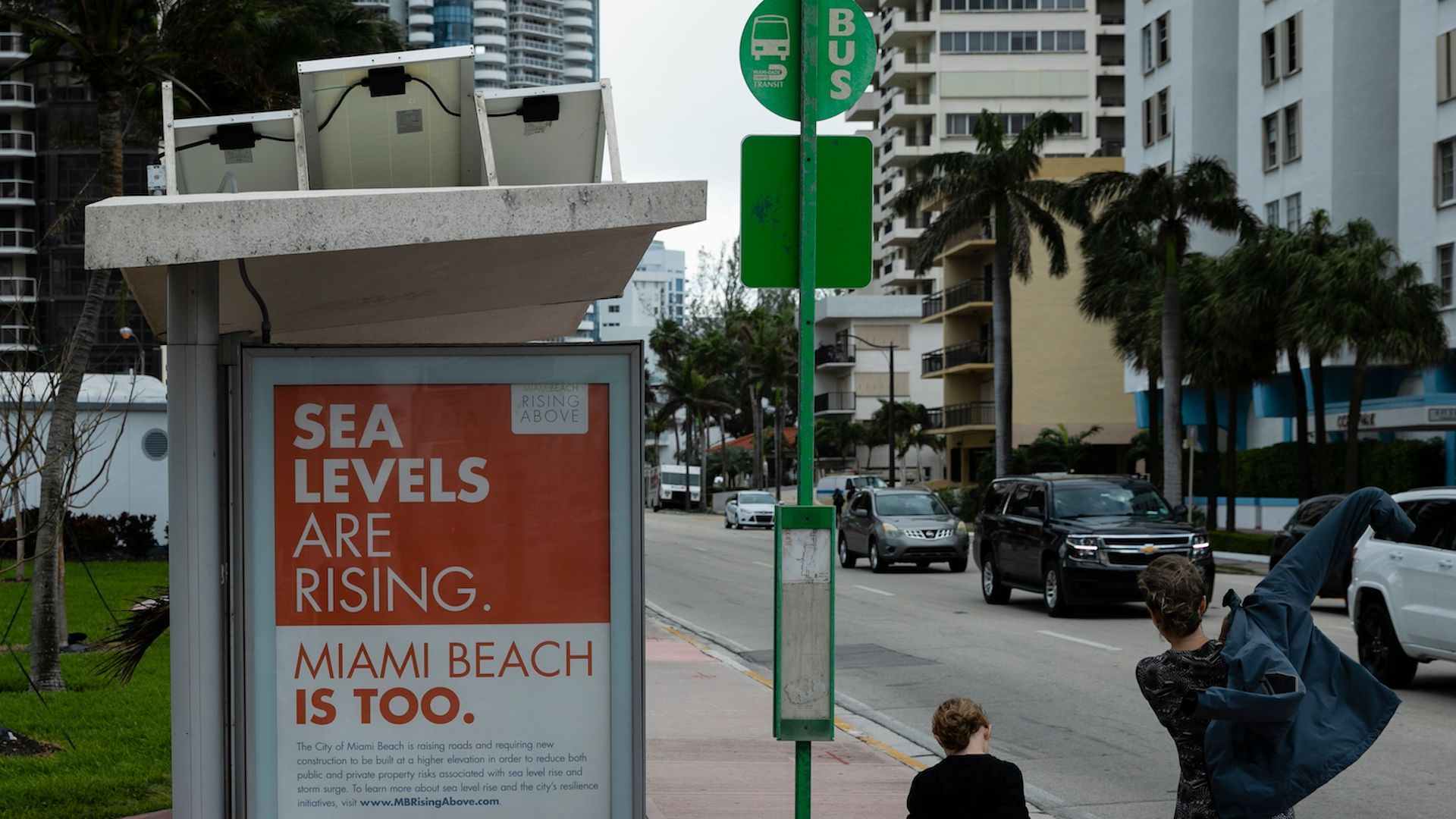In today's digital world, it can seem nearly impossible to escape advertisements — even for those who turn to nature for an escape.
A new report from InfluenceMap suggests that it may be more important than ever for consumers and corporations to be aware of ads' potential influence, with the "Big Six" PR and ad agencies getting the bulk of their work from major polluters like dirty energy companies.
This is despite the fact that they have all publicized their commitments to reducing pollution and supporting sustainability initiatives, as DeSmog explains.
"The PR and advertising sector is not as green as it would like to portray," Faye Holder, the author of the report, said in a statement to the publication.
According to Holder's analysis, nearly half of the energy sector clients of the Big Six firms — WPP, Omnicom, Interpublic Group, Publicis, Dentsu, and Havas — were deemed as "obstructive" to the aims of the 2015 Paris Agreement, a legally binding international treaty to limit rising global temperatures to 2.7 degrees Fahrenheit above preindustrial levels.
Among those firms, Omnicom had the lowest share of green clients at 8%, while Havas and Dentsu led the pack, though their green-client percentages both topped out at 16%.
"Giants of the industry continue to work with clients that are obstructing the goals of the Paris Agreement, amplifying their voices and helping to grow their businesses, even as they continue to contribute to worldwide system collapse," Faye added in her statement to DeSmog.
PR and ad firms aren't the only ones receiving heat for partnering with companies whose operations have accelerated warming temperatures — the effects of which include more intense extreme weather, an increased risk of disease spread, and food insecurity, among other things.
Major news organizations such as Politico, The New York Times, CNN, Reuters, the Guardian, The Washington Post, The Wall Street Journal, The Los Angeles Times, and Bloomberg have all come under significant scrutiny for accepting sponsorships from highly polluting companies, raising concerns that their coverages' integrity could be compromised to satisfy stakeholders.
🗣️ Would you work for a company that doesn't have a sustainability strategy?
🔘 No 🚫
🔘 Only if the pay is good 💰
🔘 Only if I couldn't find another job 🏢
🔘 Only if the company is working to develop a plan 📝
🗳️ Click your choice to see results and speak your mind
As for the PR and advertising realms, the 2014 UN Guide for Engagement with Climate Policy found that both are "key tools used by corporate interests to influence climate policy," according to InfluenceMap's summary, making partnerships with major polluters all the more concerning.
"It is critically important that agencies understand how exposure to obstructive clients calls into question the authenticity of their own climate commitments and how the work done for them ties into harmful lobbying agendas," Holder said to DeSmog.
Join our free newsletter for good news and useful tips, and don't miss this cool list of easy ways to help yourself while helping the planet.









